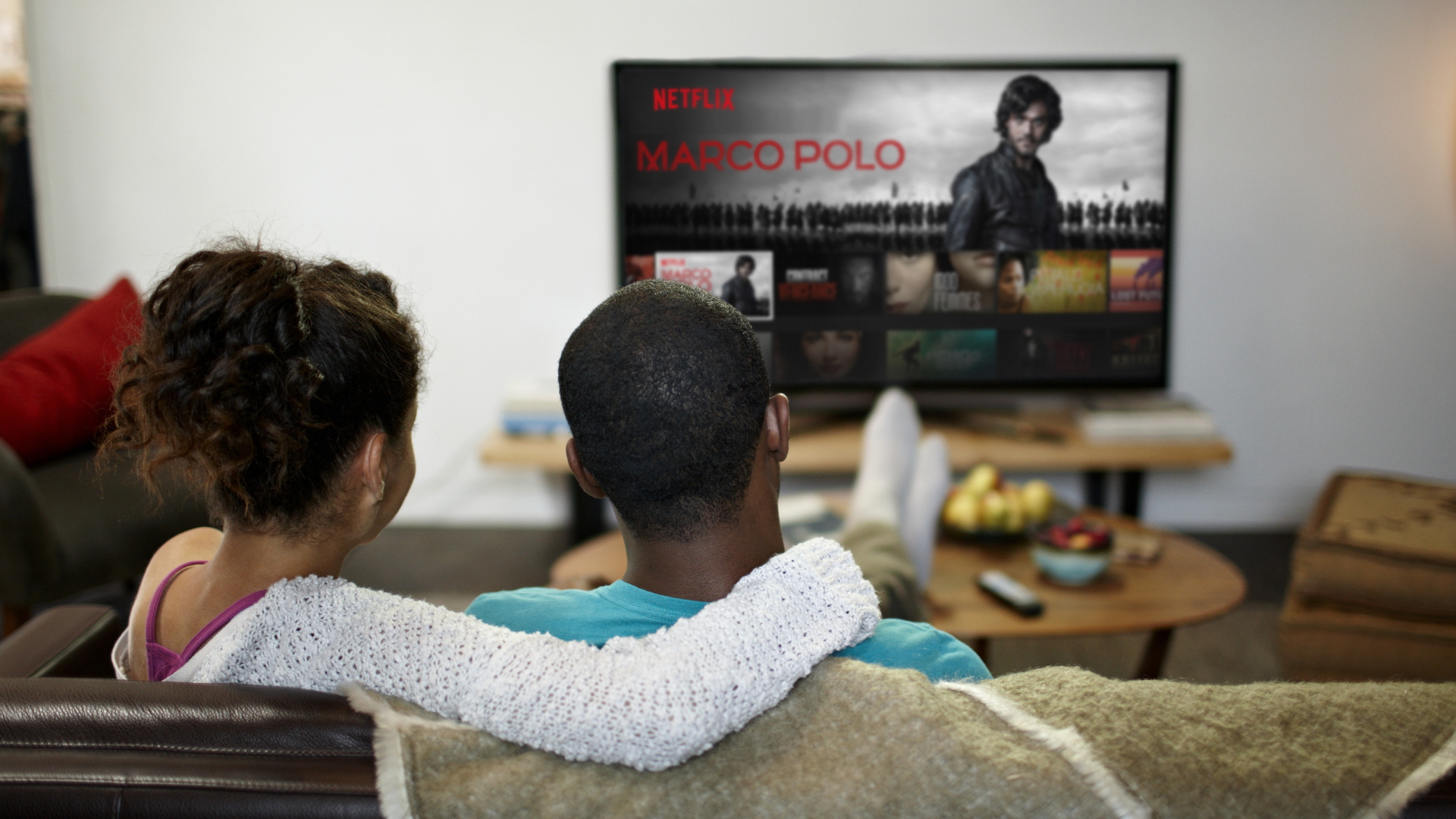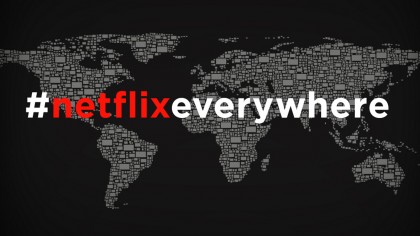Netflix hits back at NBC's claims over ratings

Netflix's Chief Content Officer, Ted Sarandos, has hit back at US broadcaster NBC over claims about the the streaming service's ratings.
Last week, at a lunch it was hosting as part of the Television Critics Association's Winter press tour, NBC claimed to be giving a "reality check" on Netflix viewership. Now Sarandos has said of the data: "I hope no-one's paying for it."
The figures were based on audience numbers gleaned from a company called Symphony Advanced Media, and covered ratings for some of Netflix's original shows, as well as Amazon's highest-rated original show, Man in the High Castle.
The figures were extrapolated from a sample of 15,000 people and used audio recognition data based on users' smartphones to track the programs they were watching by identifying the soundtrack.
The date covered September to December last year, during which Jessica Jones averaged 4.8m viewers in a 35-day viewing cycle, Master of None garnered 3.9m and Narcos 3.2m viewers. NBC also presented figures for Orange is the New Black, Netflix's biggest show, though its 644,000 average reflects the fact its latest series debuted back in June. On Amazon, Man in the High Castle averaged 2.1m viewers.
Alan Wurtzel, NBC Universal's President of Research and Media Development, was delivering the numbers to encourage members of the media to contrast digital platforms with traditional TV.

Offence taken
Netflix appears to have objected to both the release of the figures and the fact that NBC used its time on the press tour for a special presentation about the streaming network.
Sign up for breaking news, reviews, opinion, top tech deals, and more.
By the time the Television Critics Association's tour reached Sarandos' presentation on Sunday, Netflix had decided to hit back. After going over the premiere dates for its 2016 lineup of new and returning shows he is reported by Variety to have spent much of the Q&A refuting NBC's claims.
He questioned NBC's reason for focusing on Netflix's ratings, saying: "Maybe because it's more fun than talking about NBC ratings. The methodology doesn't reflect any sense of reality we keep track of."
"We are running a global network," Sarandos continued, "one that is not easily comparable, either in business or in cultural terms, to anything that has come before."

Going global
Netflix's long-held decision not to release viewership figures seems to be seen by the industry as a lack of transparency. But internally Netflix presents the non-disclosure as a way to encourage the creative process and shield the people behind the shows from outside pressure.
And how do you really go about comparing a nationally-focused TV broadcaster to one that now has over 70m subscribers across 190 different countries across the globe?
"Once we give a number for a show, every show will be benchmarked off that show," Sarandos said. "We may build a show for 30 million people and we may build a show for 2 million people. And we have shows that do that."
While traditionally ratings were how a company decided if something was a success. Netflix seems to be taking a more holistic view, especially in this time of expansion. In a way it's easy for the streaming giant to remain bullish about its content when subscriptions are still going up. Netflix sees that as a validation that it's spending the money on the right content.
What happens when subscription rates stagnate, as they surely will eventually, or even start to decline, we don't know.
When the tough times come around, will it be more likely to start looking closer at exactly how well certain content performs? Quite possibly.